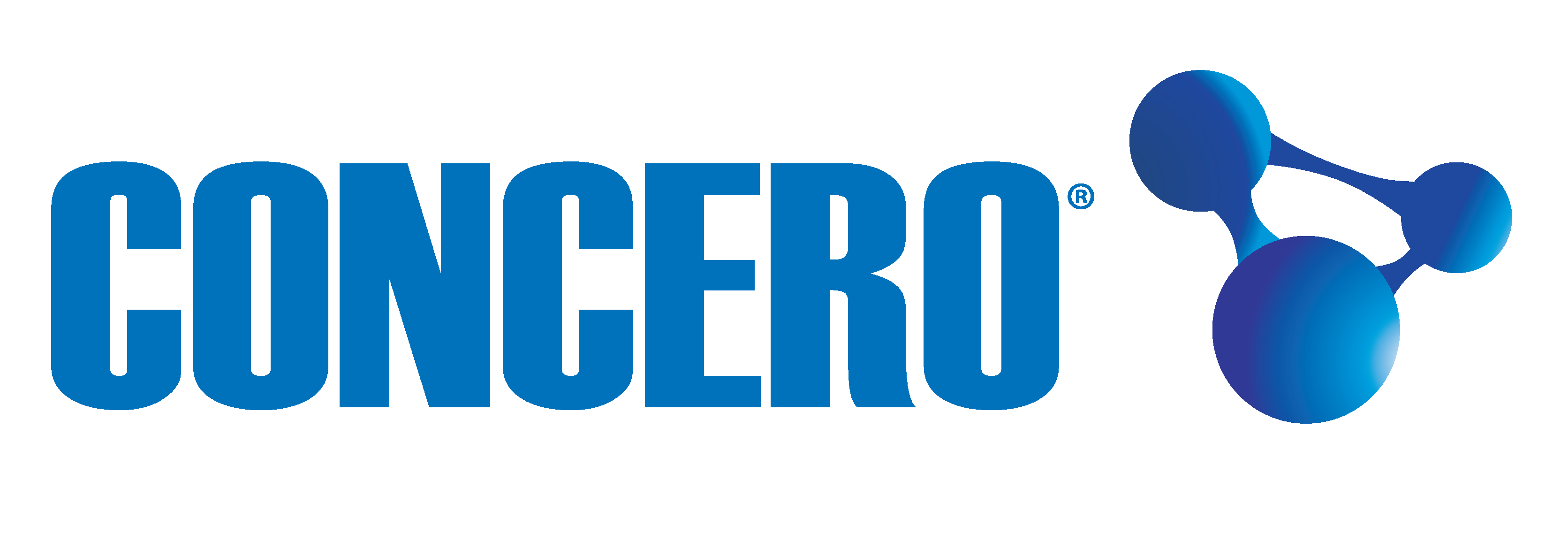How To Supercharge Your Value In Your Organization
According to Jeff Bezos, being able to admit that you were wrong is the number one sign of high intelligence. Bezos surrounds himself with smart people so that he can achieve his objectives. How does he filter for smart people? He looks for people who can admit they are wrong and are willing to change their opinions.
The ability to reconsider a problem that appeared to be solved is an excellent skill, suggesting someone is creative, open and flexible. People who are entrenched in their position don’t easily take in new information and are often resistant to trying a different idea. Being willing to change your mind, on the other hand, demonstrates intellectual curiosity and openness to new information, which is a good indicator of intelligence.
Believing in yourself and “sticking to your guns” are both valuable traits. But having the ability to reassess a situation and pivot is team-building gold.
Cultivate Intellectual Humility
In science, this ability to change one’s mind without ego-collapse is referred to as intellectual humility. According to research performed by Duke University, those who are willing to entertain the idea that they have made a mistake tend to make significantly better choices.
The experiments measured:
- how open people were to being wrong
- how that affected their opinion of those with opposing views, and
- how well they’d understood the arguments.
Those with low intellectual humility tended to attribute logical and personal failings to those who disagreed with them. This was despite having no evidence to back this up. Holding an opposing view doesn’t necessarily mean that one camp is misinformed. They also did more poorly at distinguishing speculation from facts.
Stanford professor Bob Sutton described the trait of intellectual humility as “strong opinions, weakly held.” Being able to let go of an idea allows room for new ideas to flourish. Even if your original idea was the best, being able to put it on hold allows room for creativity, tweaking, objectivity and new connections.
So ask yourself, what did you get wrong this week, this month, or this year? Even more importantly, what did you do to change it? Making mistakes is normal. Admitting them can be hard. Learning from them and applying the changes supercharges your value in any organization and is valuable in personal lives, too.
Listen to any heated argument and you are likely to hear anger, frustration and perhaps even personal attacks. You’ll witness people defending their positions with each person’s ego wanting to raise the stakes and declare himself or herself the “winner.”
More intellectual humility would allow the participants to hear what is being said to them and run with new ideas with open minds to see the advantages and disadvantages. This might lead to compromise, a reversal of opinions or an informed decision to continue to disagree.
It’s a personality trait that has tremendous value in the workplace, no matter what position you hold. Whether you are a candidate for a job, you’re making hiring decisions or you’re in a job you enjoy, your greatest strength is continuing to evolve and grow as an employee and a person
Say: “I Don’t Know”
In an early interview for the VP of product management position at Google, Sundar Pichai was asked what he thought of Gmail. After thinking for a moment, he answered: “I don’t know. I haven’t used it.”
It was an accurate, honest answer, without fluff — and a risky, but ultimately good answer, too, because Gmail had just been released that day. While others may have speculated or improvised a response based on hot air, Pichai was straightforward. He also got to the position of Google CEO.
It’s not always necessary to have a detailed answer, especially if it means making one up to please the listener. Admitting that you don’t know is an answer. Having the ability and willingness to find out is also valuable.
Why does this matter to you?
Soft skills are increasingly important in today’s business world. We need people who can work in teams and communicate effectively, often in different states or countries, with different expectations and cultures. Emotional intelligence helps people convey information, share ideas and listen effectively, all of which stimulate the creativity that businesses need to survive and be flexible in a fast-moving world full of opportunity.
You don’t have to know everything or be able to do everything. Teams help us extend our abilities and knowledge and reach bigger goals. And that’s why being able to work in a team or lead a team is an incredible asset. Whether you are an employer or an employee, intellectual humility will make you a better team player, enhance your intellectual curiosity, and advance your career.
Here’s to staying curious and seeking out answers when you don’t know. If you need help with some of life’s big questions about what’s next in your career, then make sure to talk to me. One of my “super powers” is guiding people through the unknown. It may seem like you’re alone sometimes, but let me reassure you that you’re not. Just message me on LinkedIn, and we’ll go from there.
